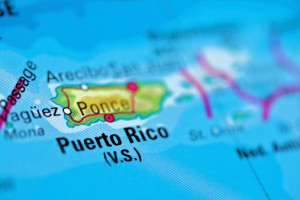The Chikungunya virus (CHIKV), normally spread by Aedes mosquitoes, is now in the Western Hemisphere. Several CHIKV epidemics have been observed throughout the Caribbean and Puerto Rico since 2014. CHIKV infection is characterized by a fever, and non-specific but extreme muscle and joint pain that can persist for extended periods.
Infected individuals with high viral titers may also be asymptomatic, and therefore the risk of transfusion-transmitted infections is theoretically high. In order to assess the risk to the blood supply, researchers in Puerto Rico screened approximately 30,000 pooled blood samples with a nucleic acid amplification test. In addition, they serologically screened over 1,200 samples for IgG against CHIKV collected during and after the 2014 epidemic in Puerto Rico. During the peak of the epidemic, 2.1% of blood donor samples were seropositive for CHIKV. Although no transfusion-transmitted infections were documented, 14% of the CHIKV positive samples had high viral titers and lack of IgM and IgG responses. Alarmingly, 25% of blood donors seroconverted during the epidemic. The risk of transfusion-transmitted CHIKV infection needs to be monitored, especially during outbreaks.
Reference

